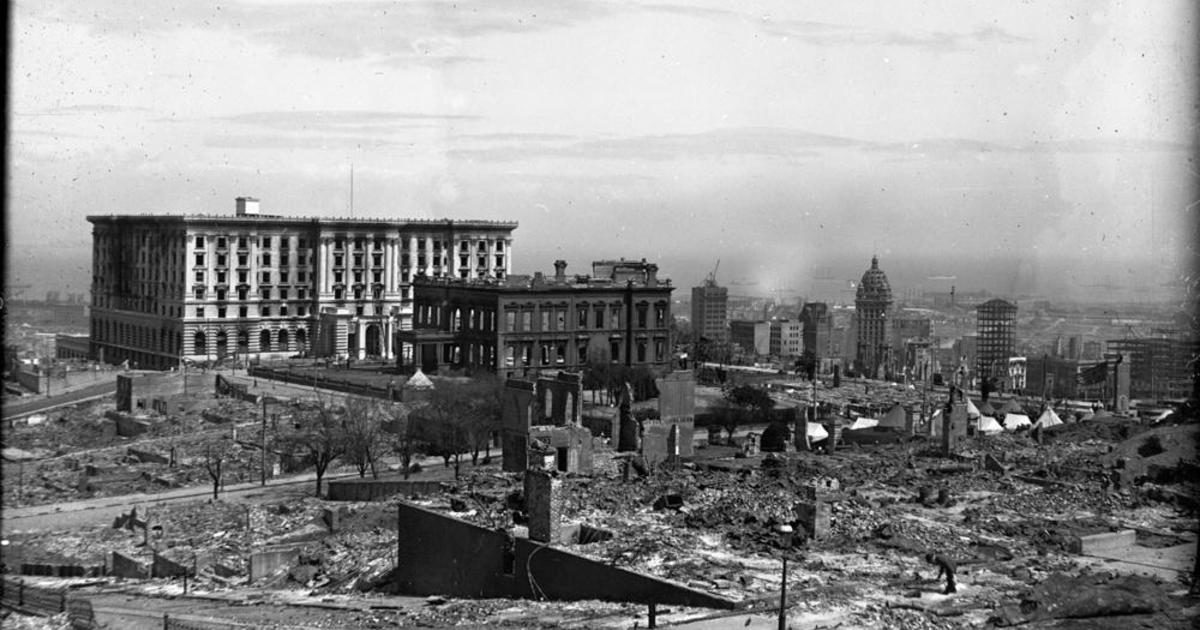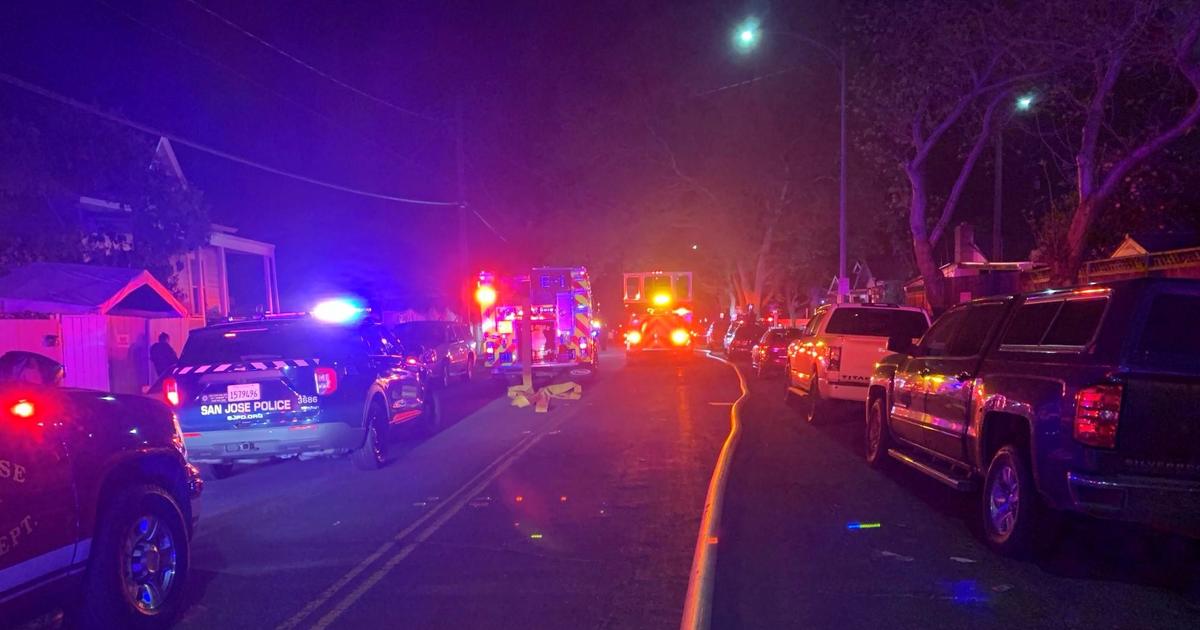Berkeley Officials To Consider Making VP Harris' Childhood Home A Landmark
BERKELEY (CBS SF/BCN) -- Berkeley leaders will consider a resolution next week that would be a step toward making U.S. Vice President Kamala Harris' childhood home a historic landmark.
Harris was born in Oakland and spent most of her childhood in Berkeley. She attended Berkeley's African American cultural center almost every week and she was part of the city's first voluntary school integration program.
"Her election as the first woman, African-American and South Asian American to be elected to the second highest position in the country are historic achievements that must be honored," said Berkeley Councilmember Kate Harrison.
Current city rules only allow landmark status for places where historic events occurred. The resolution would allow for homes of historic Berkeley residents to be given landmark status.
If the resolution passes on Tuesday, a landmark application will need to be approved by the City Council and Landmarks Preservation Commission.
Harris' Berkeley roots run deep. Hours before she took the stage for the first time as now President Joe Biden's vice presidential pick, she received a text message from a childhood classmate with photos from their school days.
In one of the pictures, a racially diverse group of first-graders are gathered in a classroom. Some had taken the bus from their homes across town to join white students from the affluent hillside neighborhoods in Berkeley. A pensive Harris sits on the floor, dutifully looking ahead, a child in the center of an experiment in racial integration.
"That's how it started. There's no question!" Harris, 55, texted back to Aaron Peskin, the former classmate who is now a member of the San Francisco Board of Supervisors.
Her father, Donald Harris, who is of Afro Caribbean descent, left Jamaica to study economics at the University of California at Berkeley. Shyamala Gopalan, the daughter of an Indian diplomat who had fought for India's independence, came to Berkeley for graduate school and stayed.
The couple had two daughters, Kamala Devi and Maya Lakshmi. The parents told their daughters stories, she writes in her book, of being met by police with fire hoses as they marched for civil rights and against the Vietnam War, of meeting Martin Luther King Jr. when he spoke at Berkeley, of forming reading groups to study Black intellectuals.
The couple split soon after Harris started school. The girls continued to see their father, but Gopalan became the main force in their lives. They moved to Toronto for several years while she worked at McGill University.
In Berkeley, Gopalan immersed the girls in the Black community she and her ex-husband had embraced. They lived above a daycare center with posters of Frederick Douglass and Harriet Tubman on the walls, even as they celebrated their South Asian heritage through their names, their close ties with their mother's family in India and occasional visits to her homeland.
They attended a Pentacostal church on Sundays and, on Thursdays, a Black cultural space called the Rainbow Sign that was a gathering spot for artists, intellectuals and activists. Many of her mother's closest friends were Black men and women who became "aunts and uncles" to the girls, later influencing Harris's decision to attend a historically Black university, Harris said.
"She knew that her adopted homeland would see Maya and me as Black girls, and she was determined to make sure we would grow into confident, proud Black women," Harris wrote of her mother.



